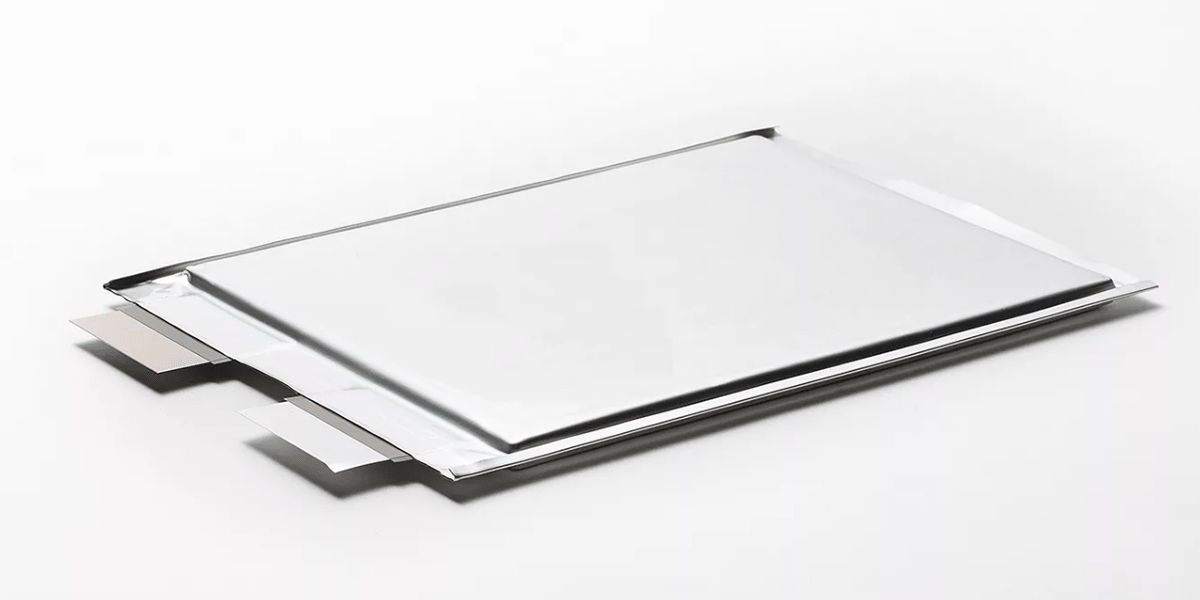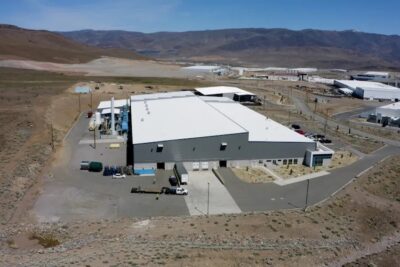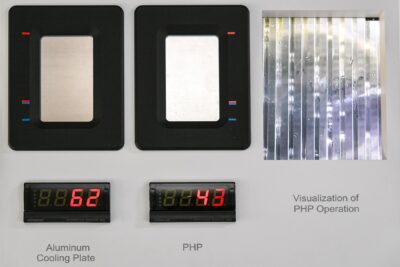LG ES & UC San Diego announce silicon-based solid-state battery
Researchers from LG Energy Solution and the University of California San Diego have developed a new type of battery that combines two technological approaches. The battery has both a solid-state electrolyte and an all-silicon anode, making it an all-silicon solid-state battery.
According to the project team, the first rounds of testing have shown that the new battery is safe, has a long lifespan and has a high energy density. The developers say this holds promise for a wide range of applications, from grid storage to electric vehicles. Among other things, the team has succeeded in producing a complete cell on a laboratory scale that allows 500 charge and discharge cycles with 80 per cent capacity retention at room temperature. To substantiate the seriousness of the approach, the initiators point out that an article on the new battery technology has just been published in the journal Science.
“With this battery configuration, we are opening a new territory for solid-state batteries using alloy anodes such as silicon,” said Darren H. S. Tan, the lead author of the study and co-founder of the start-up UNIGRID Battery, which has licensed the technology. Silicon anodes are said to have ten times the energy density of graphite anodes, but to date they have often proved unstable. The result is that the number of charging and discharging processes at constant performance has been severely limited until now.
“Much of the problem is caused by the interaction between silicon anodes and the liquid electrolytes they are paired with. The situation is complicated by the large volume expansion of the silicon particles during charging and discharging. This leads to significant capacity losses over time,” the project team outlines. They know that one of the biggest problems is the instability of the liquid electrolyte interface. That’s why they took a different approach.
The team eliminated the carbon and binder, replaced the liquid electrolyte with a sulphide-based solid electrolyte and used the aforementioned pure silicon anode. In addition, the researchers relied on micro-silicon, which is less processed and cheaper than the more commonly used nano-silicon. By using this structure, the team says it avoided a number of problems that arise when the anodes become saturated with the organic liquid electrolyte during battery operation. At the same time, they say, the omission of carbon in the anode significantly reduced interfacial contact and resulting in undesirable side reactions with the solid electrolyte, thus avoiding the continuous loss of capacity that normally occurs with liquid-based electrolytes.
With regard to the solid sulphide-based electrolyte used, the scientists add that it is “often considered very unstable”. However, this is based on the traditional thermodynamic interpretations used for liquid electrolyte systems, which does not do justice to the excellent kinetic stability of solid electrolytes, the initiators emphasise.
“The solid-state silicon approach overcomes many limitations in conventional batteries. It presents exciting opportunities for us to meet market demands for higher volumetric energy, lowered costs, and safer batteries especially for grid energy storage,” says Darren H. S. Tan. In parallel, groundwork continues at UC San Diego, including additional research collaboration with LG Energy Solution.
“With the latest finding, LG Energy Solution is much closer to realizing all-solid-state battery techniques, which would greatly diversify our battery product lineup,” expressed Myung-hwan Kim, President and Chief Procurement Officer at LG Energy Solution. “As a leading battery manufacturer, LGES will continue its effort to foster state-of-the-art techniques in leading research of next-generation battery cells.” Among other things, LG Energy Solution will continue to expand its research collaboration with UC San Diego in the field of solid-state batteries.
With reporting by Cora Werwitzke, France.





0 Comments